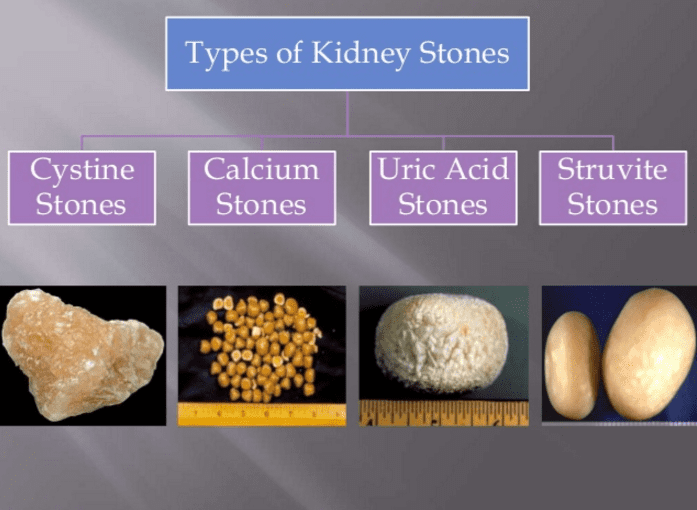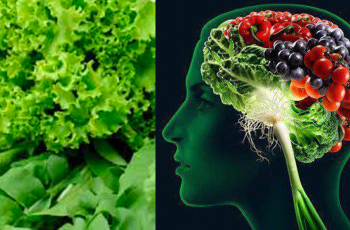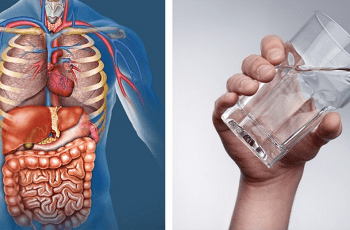
One in ten people will have a kidney stone over the course of a lifetime, and the pain that accompanies them is undeniable.
Kidney stones are hard deposits made of minerals and salts that form inside your kidneys.
They have many causes and can affect any part of your urinary tract — from your kidneys to your bladder — oftentimes forming when the urine becomes concentrated, allowing minerals to crystallize and stick together.
Passing kidney stones can be quite painful, but the stones usually cause no permanent damage if they’re recognized in a timely fashion. Depending on your situation, you may need nothing more than to take pain medication and drink lots of water to pass a kidney stone. In other instances — for example, if stones become lodged in the urinary tract, are associated with a urinary infection or cause complications — surgery may be needed.
With the prevalence of occurrence rising around the country, medical professionals believe that major misconceptions about HOW you get them may be a contributing factor.
In an effort to educate as to the causes of kidney stones, the National Kidney Foundation has teamed up with Dr. Allan Jhagroo, a kidney stone specialist at the University of Wisconsin School of Medicine and Public Health, to help you stay stone free by debunking some of the major kidney stone myths and misconceptions.
Here are the top 5 Kidney Stone Prevention Tips:
- Don’t Underestimate The Power Of Sweat.
While saunas, hot yoga, and heavy exercise may be good for your health, they may also lead to kidney stones.
Why? Loss of water through sweating (whether due to these activities or just the heat of summer) leads to less urine production.
The more you sweat, the less you urinate, which allows for stone-causing minerals to settle and bond in the kidneys and urinary tract.
- It’s Rarely One and Done.
Passing a kidney stone is often described as one of the most painful experiences a person can have, but unfortunately, it’s not often a one-time event.
Studies have shown that having even one stone greatly increases your chances of having another.
So, take preventative measures! Without the right medications and diet adjustments, stones can come back, and recurring kidney stones also could be an indicator of other problems, including kidney disease.
- Don’t Listen To What They Say – Calcium is Not the Enemy!
Calcium tends to get a bad rap as many are under the impression that it is the main culprit in calcium-oxalate stones.
“I still see patients who wonder why they are getting recurring stones despite cutting down on their calcium intake,” said Dr. Jhagroo. “I’ve even had patients say that their doctors told them to reduce their calcium intake.”
The reality is, a diet low in calcium actually increases one’s risk of developing kidney stones.
Tip: Don’t reduce calcium. Work to cut back on the sodium in your diet and to pair calcium-rich foods with oxalate-rich foods.
- Know It’s Not Just the Oxalate.
Oxalate is naturally found in many foods including legumes, fruits and vegetables, nuts and seeds, grains, and even chocolate and tea.
Some examples of foods that contain high levels of oxalate include peanuts, rhubarb, spinach, beets, chocolate and sweet potatoes.
Tip: Moderating intake of these foods may be beneficial for people who form calcium oxalate stones, the leading type of kidney stones. Most kidney stones are formed when oxalate binds to calcium while urine is produced by the kidneys.
- Remember That Not All Stones Are Equal

While calcium oxalate stones are the most prevalent, another common type of kidney stone are uric acid stones.
Red meat, organ meats, and shellfish have high concentrations of a natural chemical compound known as purines.
Tip: Higher uric acid excretion leads to lower overall urine pH, which means the urine is more acidic. The high acid concentration of the urine makes it easier for uric acid stones to form.
If you found this article helpful, please share with friends and family by clicking the button below!
Source: [1]




